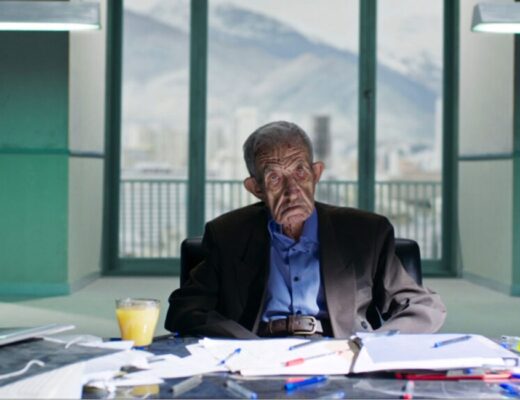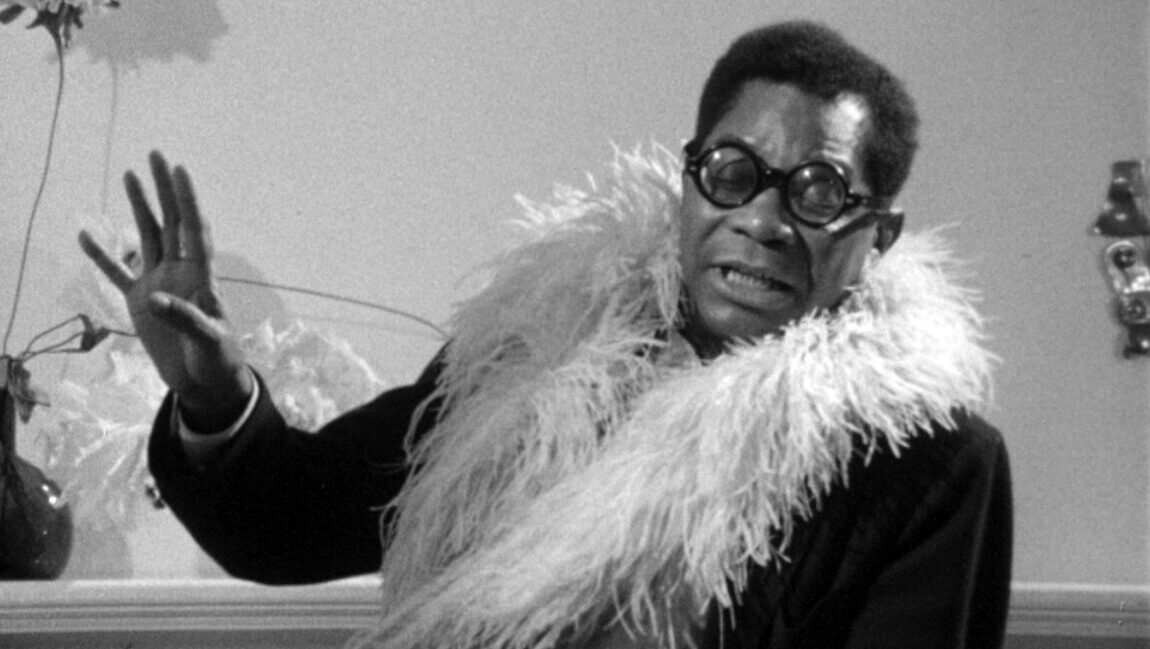The American cinema of the 1970s is a deep, deep well of intersecting delusion and pyrrhic victories, though hindsight has made it so that’s it become easier — and perhaps even necessary — to separate the films that indulge such disillusionment as an addendum, and those which adopt it as an animating ethos. John Huston had repeatedly hamstrung his own artistry in his own unwavering commitment to the latter, running the gamut from blunt to humorless to interminable (and when he self-consciously pushed toward pure entertainment, well, he’d end up with something like The African Queen); but when all the cogs meshed, his obsession with the the forgotten was prophetic. Because it’s not just losers who populate 1972’s spectral Fat City, but ghosts, men and women haunting the Stockton (“the armpit of America”) locales of previous lives. The stripped-down story stumbles out of bed just as the booze-logged, former amateur boxer James Tully (Stacy Keach) does, clutching onto a rare burst of the youthful energy that’s otherwise vacated his 29 years to spend it at the gym.
The only other person sparring that day is the comparatively younger and totally novice Ernie Munger (Jeff Bridges), working with the kindling of promise — Tully pulls something when they go up against one another — that the older man decides to offer to the network of managers and trainers he’d ran with before his alcohol-abetted early retirement. A smattering of irreplaceable, real-world boxing adjacent supporting players round out this limp, dissolving community: The Ring’s Art Aragon, boxer Curtis Cokes in a non-boxing role, Nicholas Colasanto (later to reprise a similar role in Raging Bull), who gives a sideswiping monologue about Ernie’s nascent talent, admitting to the ways in which he can’t help the innumerable kids who come to him, all delivered to his unlistening wife in bed, who’s visibly fallen asleep. It’s not a collective delusion, these dreams of professional boxing, however, but an attempted rebuff against a perpetual spate of bad luck — what’s better, getting your face ground to pulp in front of a paltry audience, or getting up at 4:30 AM to go out to the fields, spending the remainder of the day drunk in a rented room?
The new freedom afforded Huston by the laxening strictures of the Hollywood system he cut his teeth within yielded a fruitful occupation with literary adaptation, arguably originating with the fraught relationship between the director and Arthur Miller on 1961’s The Misfits. The end of his career tackled Malcolm Lowry and James Joyce, and the beginning of this second act plunged into mid-century Americana, Flannery O’Connor and Leonard Gardner, author of Fat City, and screenwriter for Huston’s film. Gardner’s prose is sinewy and sharply cornered, and maintains a forceful parallel linearity — the respective arcs of Tully and Ernie — that precedes the author’s later work in television procedurals. Revelations of dead-end living are simply conveyed: “He was balked. His life seemed near its end. In four days he would be thirty.” The minutiae of a boxing match is delivered in viscerally concentrated bursts: “Water streamed down Tully’s head. His trunks were stretched open and a cold shock poured over his genitals. Ruben’s hands were on his face like a barber’s, tilting it, wiping, patting, smearing on fresh Vaseline.”
Huston incorporates Gardner’s economic language into a visual impressionism of sour yellows and hazy nights; when Tully and his on-and-off romantic drinking partner, Olma (Susan Tyrrell), stagger out of their favorite bar, the shock of jaundiced sunshine makes one squint along with them. The ring itself becomes secondary to all that surrounds it, the result of Ernie’s first match telegraphed from the twitchiness of the pre-round locker room, then to the post-loss dinner, where he and his compatriots are mostly quiet and sullen over beer and burgers, the match entirely excised. In fact, Ernie’s boxing is mostly an idea, its actual execution withheld beyond some casual training scenes; at one point, Huston cuts from Ernie (prematurely) celebratorily donning his sequined robe in the store, to him then being knocked cold in one blow just out of the frame. The sweet science is also a finicky one.
Bridges is already playing with that crystallized laconicness that’d come to define the actor, and Huston and Gardner reflect such endearing passivity in his losses, which although embarrassing, are nevertheless dignified. One day he shows up in the fields with Tully amongst the other migrant workers, and he’s unbothered, as if their shared endeavor was a lark to begin with. Tully, on the other hand, engages in a good number of verbal sparring matches with Olma, Keach and Tyrrell so believably circling the drain that the physical punches themselves are easier to withstand, because those at least have a guaranteed end — there’s no bell or referee overseeing an alcoholics’ spat over a stove-top steak dinner. The one actual match the camera dives into is Tully’s touted comeback, replete with split eyebrows and near-concussions, a physical toll that was already undercut when the opponent, Lucero (Sixto Rodgriguez), was introduced arriving all by his lonesome, pissing blood in his hotel room. “I hurt him downstairs,” Tully spacedly mutters, his tone staggering somewhere between regret — it’s something of a dirty victory — and relief that the whole thing is over. Tully gets a measly $100, Lucero exits in the background as the lights go down, all by himself again.
In 1972, Stacy Keach also starred in Richard Fleischer’s The New Centurions, which reflected Fat City’s dual protagonist dynamic within a group of East Los Angeles beat cops, the most pronounced difference being that Keach is in the Bridges slot, with George C. Scott as the older, precariously living peer. Conscious to a rapid aging process fomented by alcohol and broken noses, Huston exploits his actors’ features, the porcelain beauty of a young Bridges, the sexily busted visage of Keach. Fat City is a subject that must have been close to Huston’s heart, the care involved hinting at his own enduring, repeatedly revitalizing primary proclivity: the paradoxical, transcendent art of personal debasement.
Part of Kicking the Canon – The Film Canon.







